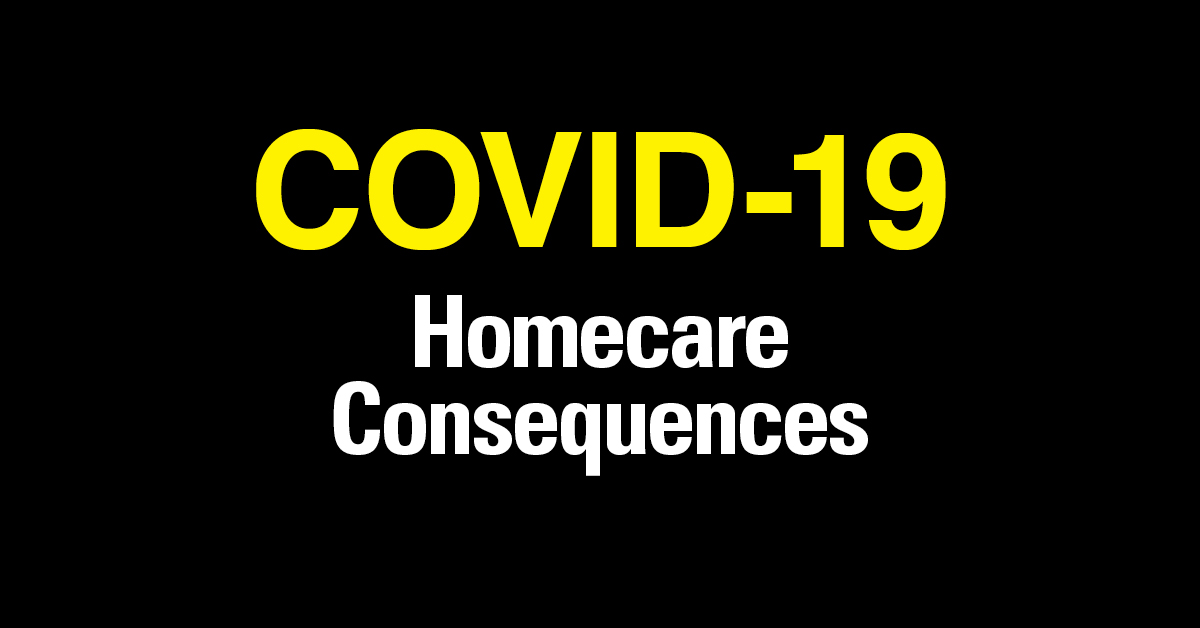
United Spinal Association recommends that its chapters suspend any social events, in-person peer visits and group activities. Hospitals and rehabilitation centers, including those that host many of United’s activities, are also limiting visitors at this time. These recommendations are in response to the COVID-19 worldwide pandemic and its potential for increased severity of illness for people with SCI/D, especially those who have underlying medical conditions such as impaired lung function, high blood pressure or diabetes.
United Spinal Association is also concerned about the risks posed to its members and all others who use homecare services since travel bans and virus-related illness may make it difficult for service to continue uninterrupted. The organization is asking anyone whose homecare services have been affected due to COVID-19 to contact United’s Resource Center. But keep in mind that the Resource Center is not an emergency or 24-hour hotline — its hours are Monday through Friday from 9 a.m. to 5 p.m. — and staff is not able to give specific medical advice.
“We may not be able to solve individual problems, but we can tell our stories to our governors and congresspeople to try to get relief,” says United Spinal Association CEO James Weisman. “Please tell us the problems you’re facing as well as your success stories.”
United Spinal Association’s policy department worked with over 35 senators to send a series of letters directly to Vice President Pence, who is overseeing the federal response to COVID-19. One of these letters prompt the Department of Health and Human Services on how it can ensure homecare services continue with as little disruption as possible. That letter is included at the end of this article.
It is vital to try to create a back-up plan for your homecare, especially as states are starting to close schools and ban large gatherings. Homecare workers may struggle with childcare and transportation, or caring for ill family members, or be ill themselves.
According to the CDC, people are thought to be most contagious when they are showing symptoms (such as coughing), but some spread of COVID-19 may be possible even if people show no symptoms. According to the CDC, current evidence suggests that COVID-19 may remain viable for hours to days on surfaces made from a variety of materials. Therefore it is important to wash your hands regularly with soap and water for at least 20 seconds, to try not to touch your eyes, nose or mouth, and to regularly disinfect all surfaces that may be touched in your home, including your wheelchair.
Also read Disability Specific Recommendations for Covid-19, which is regularly updated to include new information relating to people living with SCI/D as it becomes available: Disability Specific Recommendations for Covid-19
For a discussion on the virus and homecare concerns, read: COVID-19 is No Laughing Matter
How to Stay Informed
The COVID-19 outbreak is a rapidly-evolving medical situation. As more data becomes available to health researchers, guidelines and best practices may change. Don’t trust information on social media unless you can verify it through multiple, trusted sources. The following organizations can be relied upon for basic info, but pay attention to dates and times that updates are posted:
•Shepherd Center has already published a helpful, disability-specific guide to COVID-19. Check here for any additional updates.
• National Institutes of Health
The New York Times is updating its coverage every few minutes, and the Washington Post offers a free Coronavirus newsletter.
Here is the letter from over 35 senators to Vice President Pence about homecare: 031220 COVID-19 HCBS letter1
** This post was originally published on https://www.newmobility.com/2020/03/united-spinal-asks-for-covid-19-homecare-stories/

